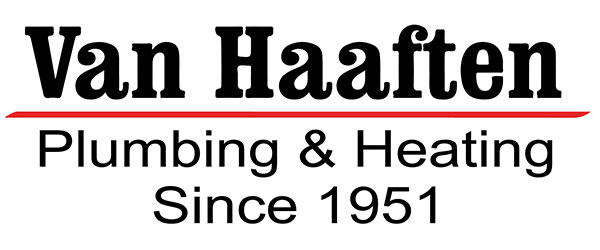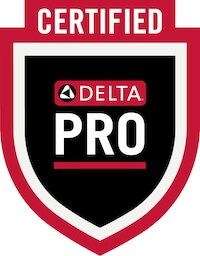
Did you perform a double take when you took a look at your last energy bill? While high energy bills can be the consequence of intense weather conditions, consistently high bills can also suggest an inefficient HVAC system or your home is wasting energy because of other means, like drafty windows or insufficient insulation.
An easy way to determine whether your home is wasting energy is by getting a home service expert to perform a home energy audit, also known as a home energy assessment. Keep reading to find out more about home energy audits, including what they are and their benefits.
What Is a Home Energy Audit?
An energy audit is a thorough inspection of how much energy your home consumes and whether – and where – your home might be losing or wasting energy. An inspector will review past energy bills in the course of an energy audit to determine where energy is being used and how much.
The overall goal of an energy audit is to help homeowners save money on their energy bills by identifying energy-efficient updates, which can include replacing your existing HVAC system, putting in new insulation, plugging up leaks, or replacing drafty windows.
While completing the energy assessment, the auditor carries out an inspection of the outside and inside of your home. The auditor will perform a blower door test on doorways, windows and fireplaces to figure out if there are air leaks in your home. They’ll also evaluate your home’s HVAC system, which also includes the ductwork, the water heater, and the insulation in your attic. Exhaustive assessments may also include checking your current lighting system.
Benefits of a Home Energy Audit
It can be hard for the ordinary homeowner to be sure how efficient their home is versus other similar homes in their neighborhood. However, many energy companies often provide information about where your home is ranked in comparison to similar homes and whether it’s more efficient, about average, or inefficient compared to your neighbors’ homes. This is a great starting point to decide if you need an energy audit performed.
Several of the benefits of a home energy audit include:
Recognizing How Efficient Your Home Is
It’s good to learn more about how efficient your home is and where you’re using the most energy. For example, if your ducts are leaking, it can cause a significant increase in your energy bills and additional wear and tear on your HVAC system since it has to run longer to properly heat or cool your home.
Making Energy-Efficient Updates
An energy audit should reveal where you need to make energy-efficient upgrades to save on energy and decrease utility bills. This can include replacing worn-down weatherstripping or buying a new energy-efficient furnace.
Improving Health and Safety
Permitting air to slip into your home via doors and windows, or because of a lack of insulation can cause extra moisture to build up, which could negatively impact your home’s humidity levels or encourage mold. This can cause health problems, particularly for people suffering from asthma or allergies.
Adding to Your Home’s Retail Value
Energy-efficient homes are preferred by homebuyers. You can sell your home more quickly or for more money by showing potential buyers that it’s energy efficient.
How to Perform an Energy Audit of Your Home
Although completing an energy audit independently might not be as detailed as hiring a professional, it’ll give you a generalized understanding of how energy efficient your home is. If you don’t discover any problems during the DIY test, then you likely don’t need to bring in a professional. Follow this step-by-step checklist:
- Examine your HVAC system. Broken ducts can lose as much as 20% of conditioned air, resulting in steeper energy bills and greater wear and tear on HVAC equipment. If you find leaks, use duct tape to plug them. If your HVAC equipment is old and wearing down, upgrading to a new system can save you a considerable amount on your energy bills. In some cases, it is better to hire a reputable HVAC company to inspect your system.
- Watch for signs of air leaks. Air leaks on average can increase the energy bills by 10 to 20%. Inside, look for air leaks in areas where there is a draft, like along the edge of flooring and along baseboards and electrical outlets. Outside, you can inspect for air leaks around the home’s foundation, siding and mortar. Plug, caulk or seal any air leaks to save money.
- Examine insulation. If your home is older, it could mean your insulation is too. If you can see the joists, you likely need more insulation.
- Check the ventilation. Make sure that all of your kitchen and bathroom exhaust fans are spinning properly, and look for evidence of rot or moisture.
Contact Van Haaften Plumbing & Heating for a Professional Energy Audit
If you want professional help finding out how energy efficient your heating and cooling equipment is, call the HVAC professionals at Van Haaften Plumbing & Heating today. We’ve proudly supported the residents of Pella with quality home services for years. Contact us today to schedule an appointment.



